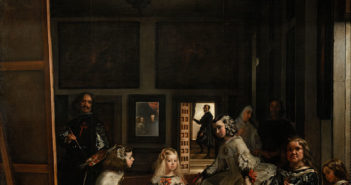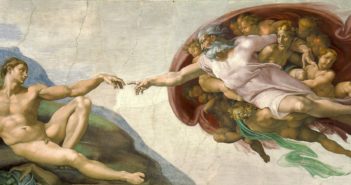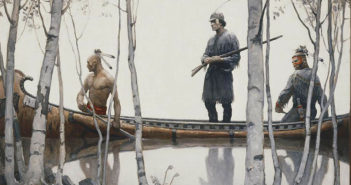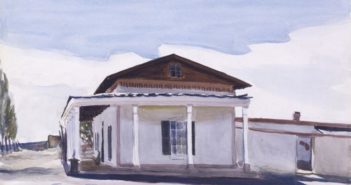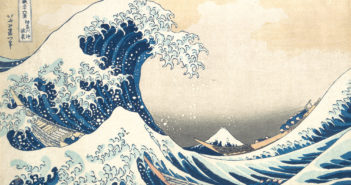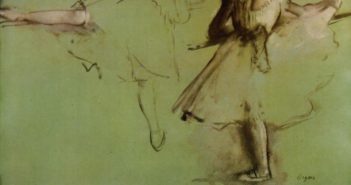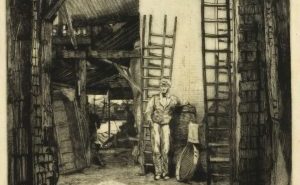
Earlier this week, a person whose opinion I respect came into my studio and made some remarks about the surface quality of my paintings. While deeply encouraging, the following day I found myself longing to make my work better. Ways of refining an already technical process suddenly became apparent to me and, like a door opening to an unknown room in my house, the new idea expanded in discovery and play.

